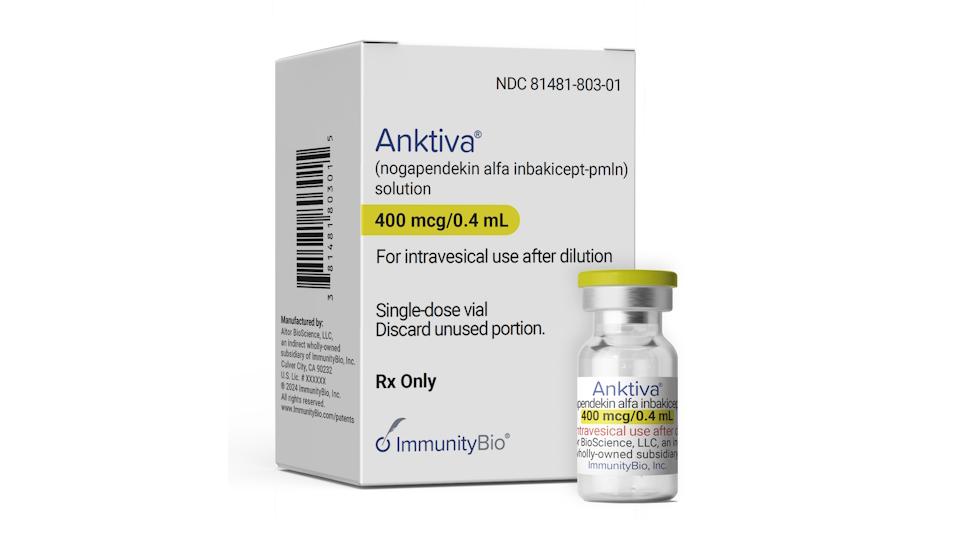Roche's Tecentriq hits trouble with NICE in bladder cancer

NICE has said Roche’s cancer immunotherapy Tecentriq (atezolizumab) should not receive regular NHS funding as a treatment for bladder cancer in first draft guidance, although there is a chance it could be cost-effective as a first-line therapy.
In the guidance, the cost-effectiveness body has asked Roche to provide further evidence for Tecentriq as a first-line treatment and has asked it to apply for interim reimbursement from the Cancer Drugs Fund (CDF).
But NICE also said that Tecentriq is not cost-effective at current prices in second-line disease, paving the way for further negotiations on cost in this use.
NICE is assessing Tecentriq for locally advanced or metastatic urothelial carcinoma and considered evidence from the phase 2 IMvigor 210 trial, which was used as a basis for approval in the US and Europe.
However NICE did not consider evidence from the phase 3 IMvigor 211 trial, which earlier this year served up a shock as it did not show the drug produced an overall survival benefit in second-line treatment after chemotherapy.
In first line use, NICE said that clinical uncertainties over efficacy data in first line use from the single-arm IMvigor 210 trial, could be settled by the ongoing IMvigor 130 trial due to finish in July 2020.
In a statement, Richard Erwin, Roche’s UK general manager, said the company is “delighted” to have been invited to apply for funding from the CDF, which can typically cover the cost of drugs for around two years until further evidence becomes available for NICE to assess.
On the rejection of second-line use, Roche said it would “work closely” with NICE towards an agreement to secure routine NHS funding – which means the Swiss firm may further discount from its list price of £3,807.69 per 1,200 mg vial.
NICE said Roche has already agreed a confidential discount with the Department of Health.












